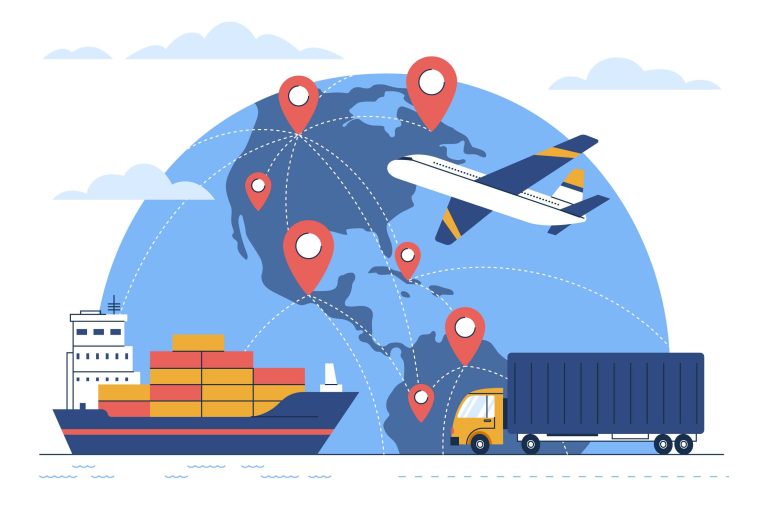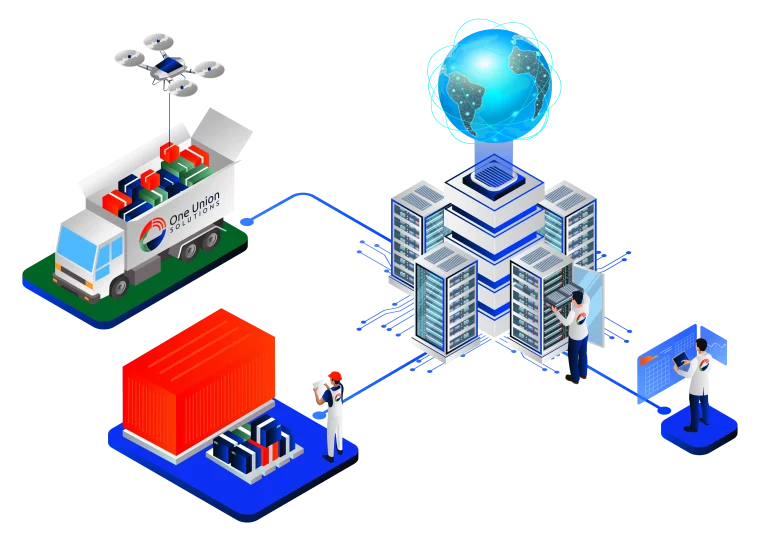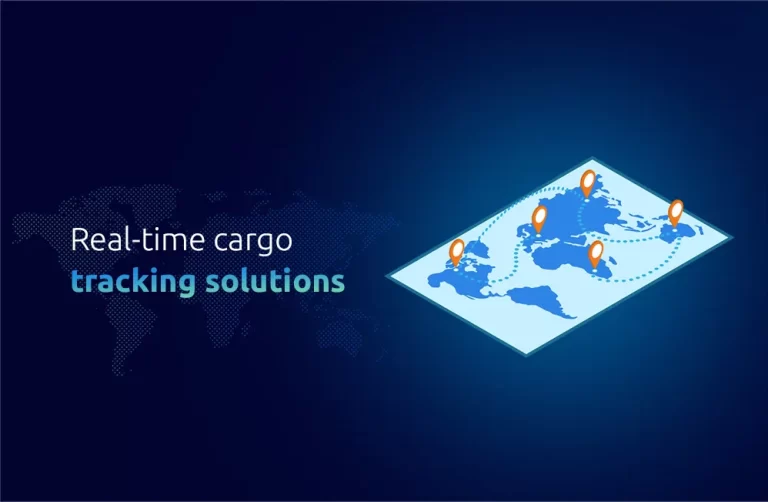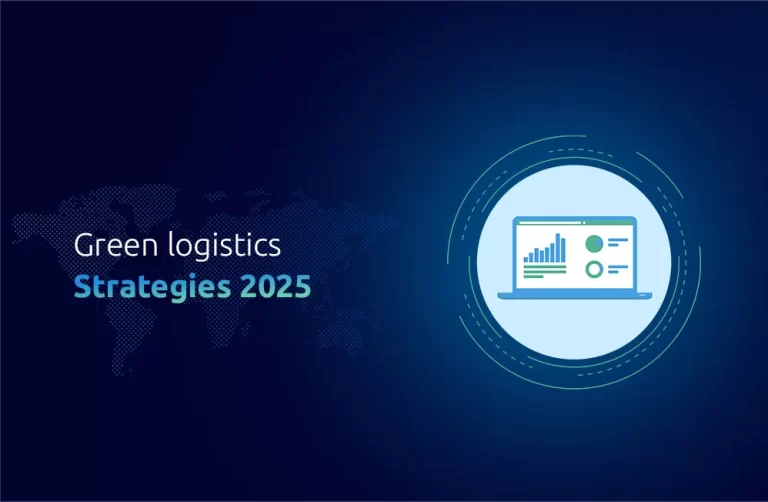DDP Services vs. Other Shipping Options: Which One is Right for You?
When it comes to selecting the right shipping option for your business, the choice between DDP (Delivered Duty Paid) services and other shipping alternatives is a pivotal decision. DDP services offer a comprehensive solution where the seller takes on the responsibility of customs clearance, duties, taxes, and doorstep delivery. This option is known for its convenience, predictability in costs, and enhancement of the overall customer experience. DDU (Delivered Duty Unpaid), expedited delivery, or even freight forwarding for big goods are some more shipping choices to take into account. To make the best decision, you must weigh various aspects, including customer expectations, financial restrictions, shipping volume, desired delivery speed, and your own expertise and resources regarding global shipping procedures. You can choose the shipping option that best suits the needs and interests of your company by carefully balancing these factors, assuring effective operations and client happiness.
The Future of DDP Services in Egypt: Trends and Predictions
It is imperative to look at the future of delivered duty-paid (DDP) services in Egypt and the developing trends that will define this significant component of global trade as the world of international trade and logistics continues to change.
- Digital Transformation: The continuing digital transformation is one of the key trends influencing the future of DDP services in Egypt. Customs clearance, documentation, and tracking are becoming more simplified as a result of technological advancements and the widespread use of digital platforms. Because of the greater efficiency and decreased paperwork that would result from this digitalization, businesses will find DDP services to be even more appealing.
- Improved Infrastructure: Egypt’s advantageous position has long been a major benefit for global trade. Egypt is continually investing in improving its logistics and transportation network to take advantage of this. The Suez Canal, airports, and seaports should all be expanded and modernized in order to increase the effectiveness and dependability of DDP services.
- Trade agreements: The DDP services will be significantly impacted by Egypt’s involvement in regional and global trade agreements. These pacts have the potential to streamline customs processes, lower tariffs, and ease trade between Egypt and its allies. As these partnerships develop, businesses should anticipate that DDP services will become increasingly accessible and affordable.
- E-commerce Growth: Egypt is also experiencing growth in e-commerce, which is not just a global phenomenon. Demand for effective and dependable DDP services will increase as more customers and organizations conduct business online. This expansion will be led by businesses that can provide seamless cross-border e-commerce solutions.
- Sustainability and Green Initiatives: DDP services in Egypt will probably transition to more sustainable techniques in line with international attempts to lessen the environmental impact of logistics. This involves looking into eco-friendly packaging options, cutting emissions, and improving transportation routes.
- Supply Chain Resilience: Recent interruptions in international supply chains have brought resilience into sharp focus. Businesses will look increasingly for DDP services that provide efficiency and the flexibility to respond to unforeseen obstacles to maintain a steady flow of goods.
In conclusion, there are positive trends and advancements for DDP services in Egypt. The landscape of DDP services in Egypt will be significantly shaped by digital transformation, infrastructural improvements, trade agreements, e-commerce expansion, sustainability measures, and supply chain resilience. Businesses that maintain flexibility and adapt their tactics to these new trends are likely to prosper in the fast-paced environment of global trade in Egypt and elsewhere.
Simplify International IT and Telecom Equipment Imports with Our DDP Solutions
To simplify the importation of IT and telecom equipment with ease, One Union Solutions provides comprehensive DDP (Delivered Duty-paid) solutions catered to a variety of industries, including technology, medical, automotive, and aviation. For organizations looking for effective solutions for international commerce, our DDP Delivery Service ensures a flawless, worry-free experience. This includes accurate upfront costs, compliance management, diligent monitoring during transportation, and secure storage and delivery services.
The Importer of Record and Equipment Shipping to Egypt
When using DDP delivery services, it’s important to work with a reliable importer of record in Egypt. They help make sure your goods follow all the rules and pass through customs without problems. It is especially useful for equipment shipped to Egypt, for example, information-telecommunication equipment, which has its particularities regarding import. We handle all the paperwork or legal procedures on your behalf so that your equipment reaches you as planned, safely without any complication.








